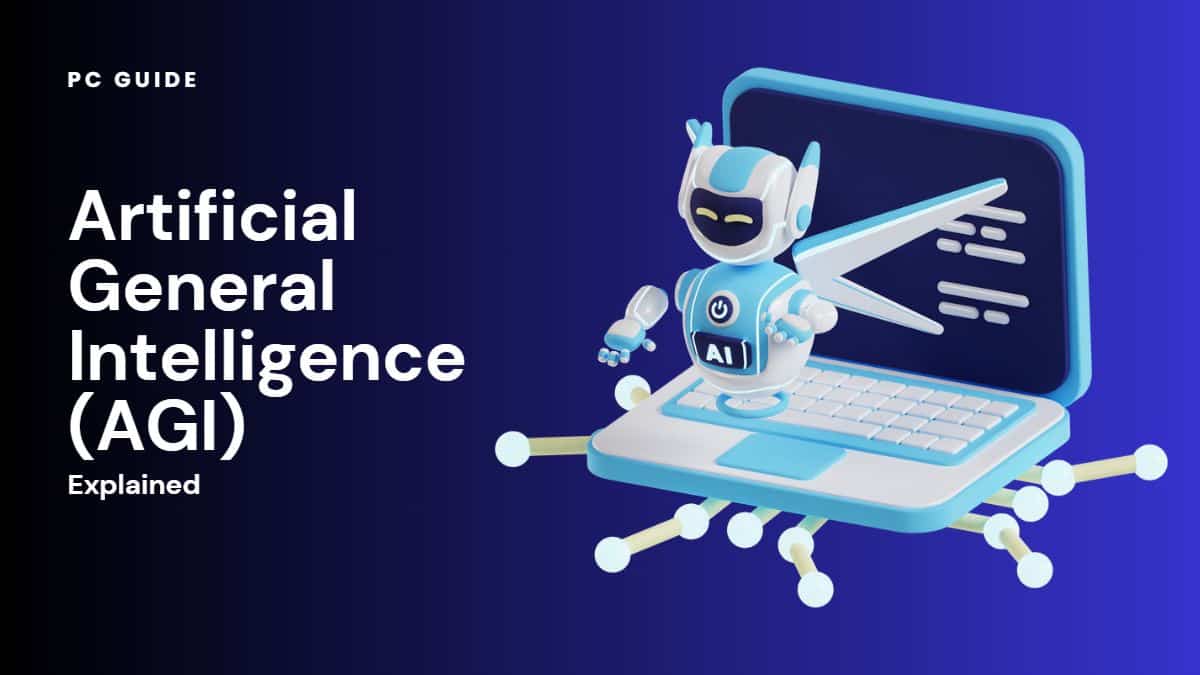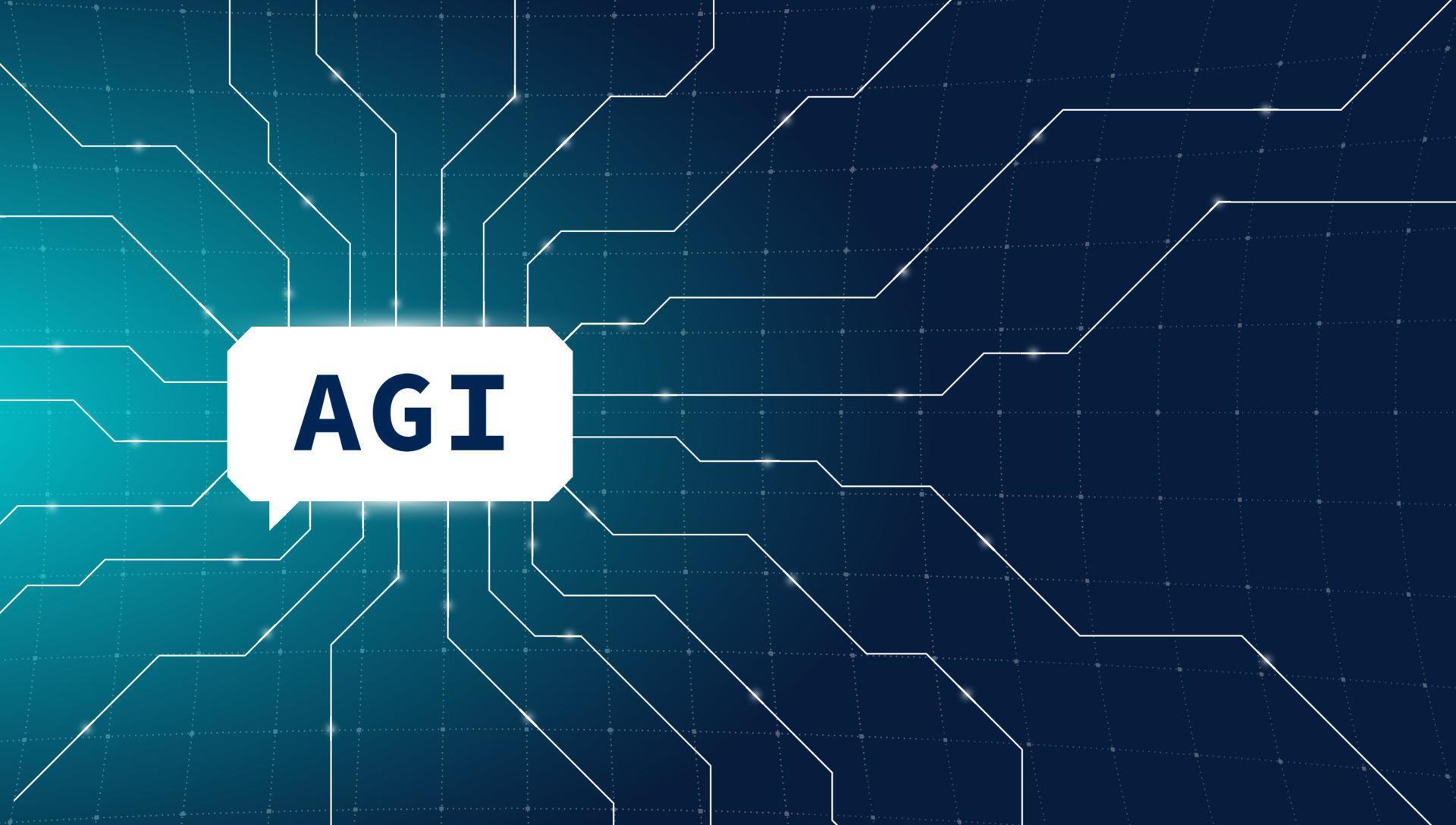There's a lot of talk these days about what comes next for intelligent systems, especially when people bring up the idea of a truly general form of intelligence. It feels like we are on the edge of something big, a kind of turning point for how machines might think and learn. This feeling of something coming soon, a sense of an "agi countdown," is certainly a topic that gets many people thinking and wondering about the future.
This discussion about a potential "agi countdown" often brings up questions about what this kind of intelligence really means for us, and how it might change the way we live our lives. It is, you know, a pretty big concept, one that many folks are trying to get their heads around. We hear about how these systems are getting better at figuring things out and even interacting in ways that seem more like people.
Yet, there are still quite a few things to sort out when we talk about this kind of intelligence. People want to know what it truly is, how we would even know if we had it, and what it could mean for all of us. This piece aims to look at some of those points, trying to make sense of what's being said about this important topic, especially as we hear more about an "agi countdown."
Table of Contents
- What is AGI, Really?
- How Do We Measure Progress in the AGI Countdown?
- Are We Getting Closer to the AGI Countdown?
- What Happens When the AGI Countdown Reaches Zero?
- Who is Leading the AGI Countdown Charge?
What is AGI, Really?
When people talk about different kinds of smart systems, they often mention a few key terms. There is, for instance, the broad idea of artificial intelligence, which takes in a wide variety of ways machines can show some form of cleverness or problem-solving ability. Then, you have something called artificial general intelligence, or AGI, which is a bit different. This particular idea centers on machines having a comprehensive kind of smartness, a way of learning that is quite broad and able to apply to many different situations, much like a person can.
There is also, too it's almost, something called AIGC, which focuses on these clever systems making things, like words or pictures. So, you see, these are all related, but they each have their own specific area of focus. AGI, in this group, is the one that really gets people thinking about machines that can pick up new skills and solve problems across the board, not just in one narrow area. It is, in some respects, the idea of a machine that can think and learn in a truly versatile way.
It seems that the idea of AGI itself is rather broad, and there is not one single, perfectly clear description of it that everyone agrees on. This can make conversations about it a little bit tricky, as different people might have slightly different things in mind when they use the term. To put it simply, though, AGI often refers to a computer system that can think and learn as well as, or even better than, a human being. This means it would have the ability to reason, to make plans, and to pick up new information in a very human-like way. This kind of system is sometimes called "strong intelligence" as well, which gives you a good sense of what it is supposed to be.
How Do We Measure Progress in the AGI Countdown?
It is quite interesting to consider how people try to figure out if these smart systems are getting closer to being truly general. There is, for example, a specific kind of test that some folks use, called ARC-AGI. This particular test is not, you know, meant to be the final word on whether a system has reached full human-like thinking. Instead, it is more of a tool for people who study these things, a way to see if a system can adapt to new jobs and challenges. It is a bit like a puzzle that checks if the system can learn on the fly, which is a good sign of adaptability.
Apparently, the people behind ARC-AGI even put out a blog post that talks about how they run their tests and what they found. This information, so it seems, is quite detailed and gives a good picture of their work. The questions in ARC-AGI, from what people say, look a little bit like the kinds of thinking puzzles you might find on a test for people. They seem to need a kind of gut feeling or common sense to figure out, which makes them quite a challenge for a computer system to solve. For instance, there was one question, just a little puzzle, that involved something like an "o3" pattern, and that one proved to be quite hard for the systems to crack.
But, it is important to remember that even with tests like ARC-AGI, they are not, you know, the ultimate way to tell if a system has reached full general intelligence. These tests are more about seeing if a system can get used to new tasks. They do not really show if a system can think and act in a wide range of situations as well as, or better than, a person can. So, while these tests are helpful for research, they do not mean that a system has already reached the same level of broad thinking ability that we humans have. It is just one piece of the puzzle, so to speak, in the ongoing "agi countdown."
Are We Getting Closer to the AGI Countdown?
Many people are asking if we are really getting closer to true general intelligence, and what the "agi countdown" might actually look like. There is talk, for instance, about whether certain new discoveries in technology, perhaps around the year 2025, might bring us a step nearer to this big goal. This kind of discussion makes many wonder just how far away we truly are from machines that can think and learn in a way that rivals human abilities. It is a question that pops up quite a lot in conversations about the future of smart systems.
We have seen, too, that some pretty big systems, the ones that handle lots of information, have made some good steps forward lately. They are getting better at figuring things out and at interacting with us in different ways, like using both words and pictures. This kind of progress makes some people feel that we are moving in the right direction. However, there are still some big questions being asked. For example, the chief technology person for Microsoft in China, a person named Wei Qing, has apparently brought up the point of what else we might need to get to general intelligence. This suggests there are still some important pieces missing from the picture, even with the progress we have seen.
So, while there are certainly some exciting developments, it seems we are still figuring out what it truly takes to reach that point of general intelligence. The steps forward in things like reasoning and interacting in many ways are certainly encouraging. Yet, there is still a sense that more is needed, more breakthroughs or different ways of thinking about the problem, before we can say we are truly there. It is a complex situation, one that has many people watching closely to see what comes next in this "agi countdown."
What Happens When the AGI Countdown Reaches Zero?
This is a question that many people ponder: if we actually had artificial general intelligence, what would be worth learning anymore? It is a thought that makes you pause, isn't it? If machines could figure out anything, or even more, what would be left for us to study and understand? This question comes up, for example, when people reflect on how far things have come, like when GPT-4, a well-known system, recently had its one-year anniversary. That, you know, makes you think about how quickly things are changing.
Honestly, it can be a bit hard to fully take in how much the world has shifted because of these smart systems. Many of us, myself included, sometimes find ourselves still holding onto older ways of thinking about learning and knowledge. It is like our brains are still trying to catch up to the speed of these new developments. We are, in a way, still processing the sheer scale of the changes happening all around us. This feeling of being a little behind the curve is something many can relate to, I think, as the "agi countdown" seems to tick along.
The idea of a world with general intelligence brings with it a whole host of questions about what our role would be. If machines could learn anything, and learn it faster and perhaps better than we can, what would be the point of our own efforts to gain knowledge? It is a thought that makes you consider what human learning is really about, beyond just gathering facts. Perhaps it is about the experience, the creativity, or the unique ways we connect with information. This kind of thinking is very much part of the bigger conversation about what the future might hold for us all.
Who is Leading the AGI Countdown Charge?
When we talk about who is really pushing things forward in this area, you know, towards that "agi countdown," one name that often comes up is OpenAI. They have a particular way of doing things in their business, and they truly believe in the idea of general intelligence. This belief, you see, seems to guide a lot of what they do. They have, apparently, a very organized way of approaching the problem, a systematic method for trying to get to that goal of machines that can think across many different areas.
They are also, it seems, trying out new things all the time, making active attempts to get closer to their big goal. This kind of consistent effort, combined with their strong belief in general intelligence, really helps them move things along. It is like they have found a way to make all the different parts of developing this kind of smart system work together. They have, in a way, put together a whole set of methods and ideas that help them make progress in building systems that could potentially handle all the different steps needed for general intelligence.
So, their approach, their strong belief, and their continuous efforts are certainly making a difference in how quickly we might see these kinds of systems develop. They are, you know, a key player in the ongoing story of smart machines and how they are changing our world. Their work is a big part of why many people feel that there is indeed an "agi countdown" happening, and they are definitely a group to watch as this field continues to grow and change.
Related Resources:



Detail Author:
- Name : Bernie McLaughlin
- Username : feil.gustave
- Email : rdoyle@bayer.info
- Birthdate : 2005-11-19
- Address : 67932 Orn Falls Suite 114 Reynabury, WI 93451-9066
- Phone : (252) 531-6062
- Company : Schuster, Pfeffer and Balistreri
- Job : Gas Processing Plant Operator
- Bio : Et voluptatem dolores blanditiis molestias est. Maxime neque dolorem placeat sit ad quia. Laudantium odit dolore qui ad.
Socials
facebook:
- url : https://facebook.com/guadalupe_beier
- username : guadalupe_beier
- bio : Labore totam velit dolore temporibus ipsum. Et voluptas deserunt natus quam.
- followers : 5254
- following : 2325
tiktok:
- url : https://tiktok.com/@guadalupe8761
- username : guadalupe8761
- bio : Tempore expedita et dolores voluptatem.
- followers : 6308
- following : 76
twitter:
- url : https://twitter.com/guadalupe.beier
- username : guadalupe.beier
- bio : Dolorem nostrum blanditiis officiis nobis ex perspiciatis. Inventore necessitatibus sapiente commodi. Velit sed alias fugiat.
- followers : 4185
- following : 2639